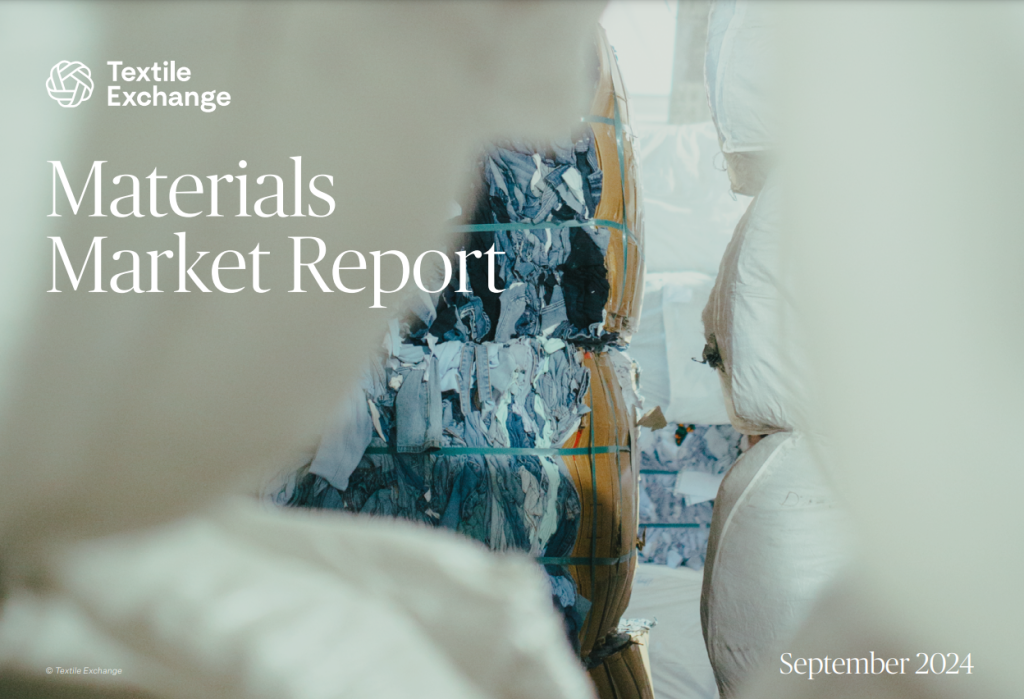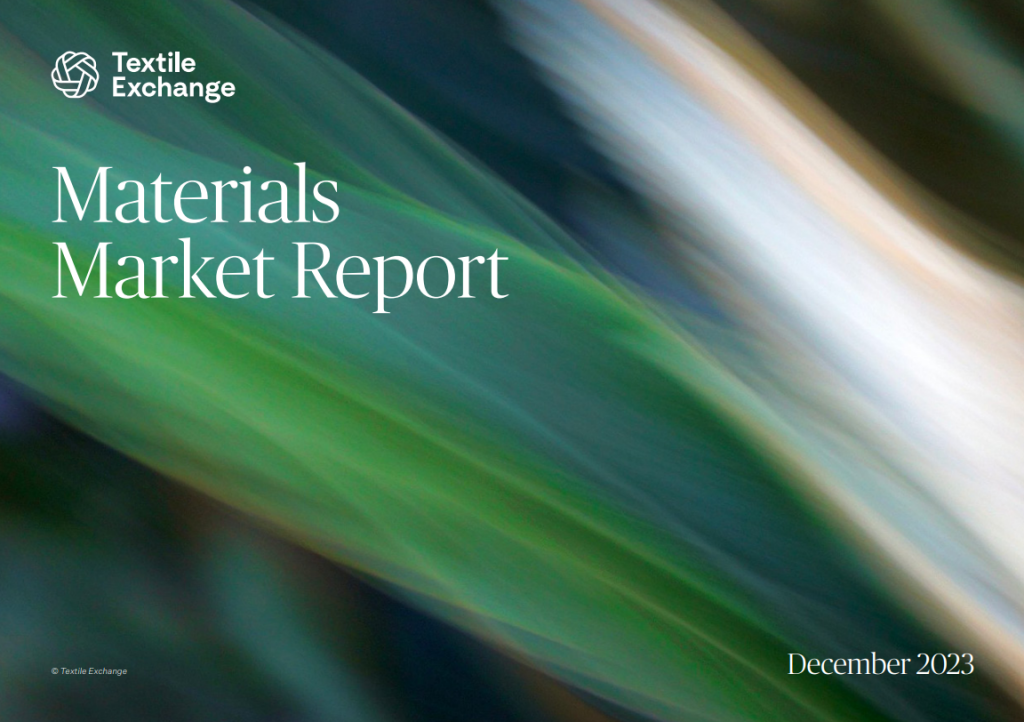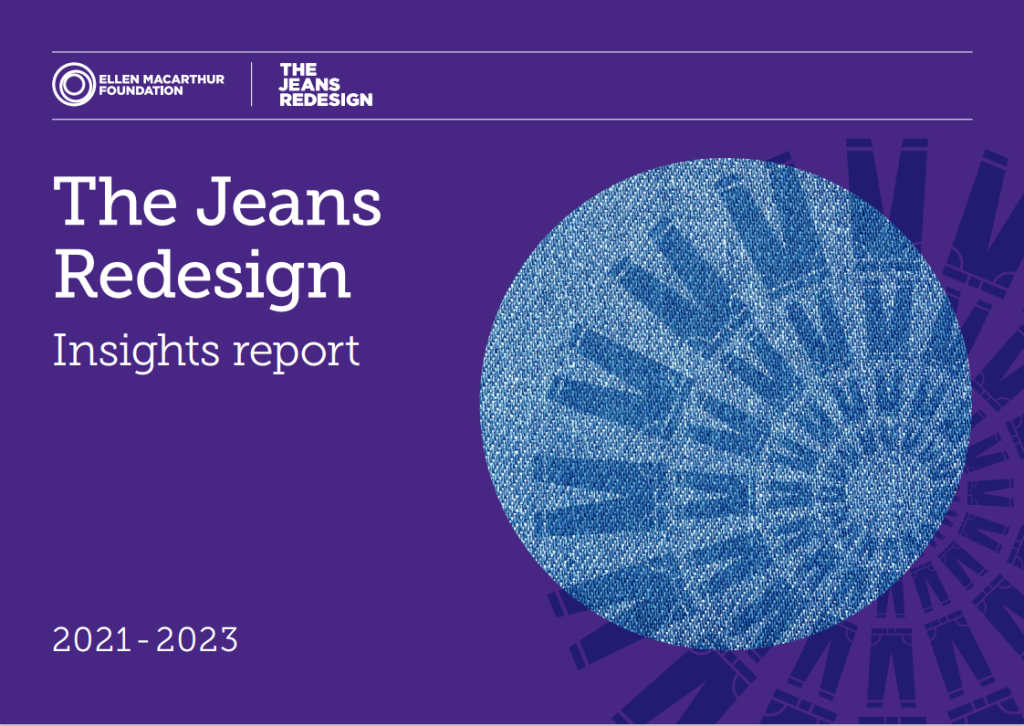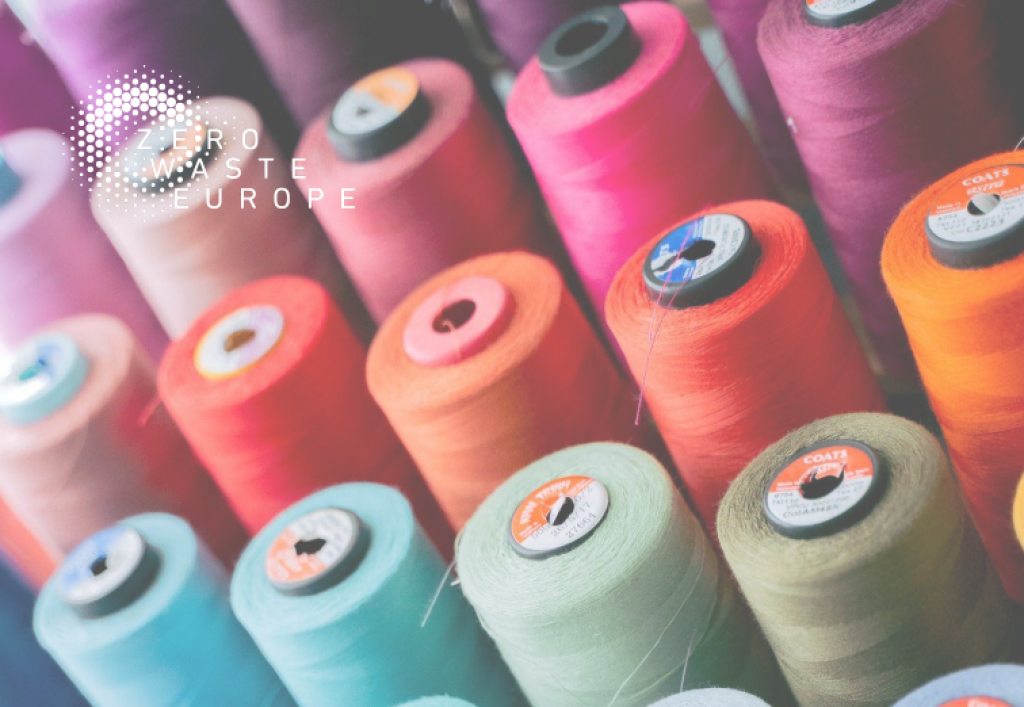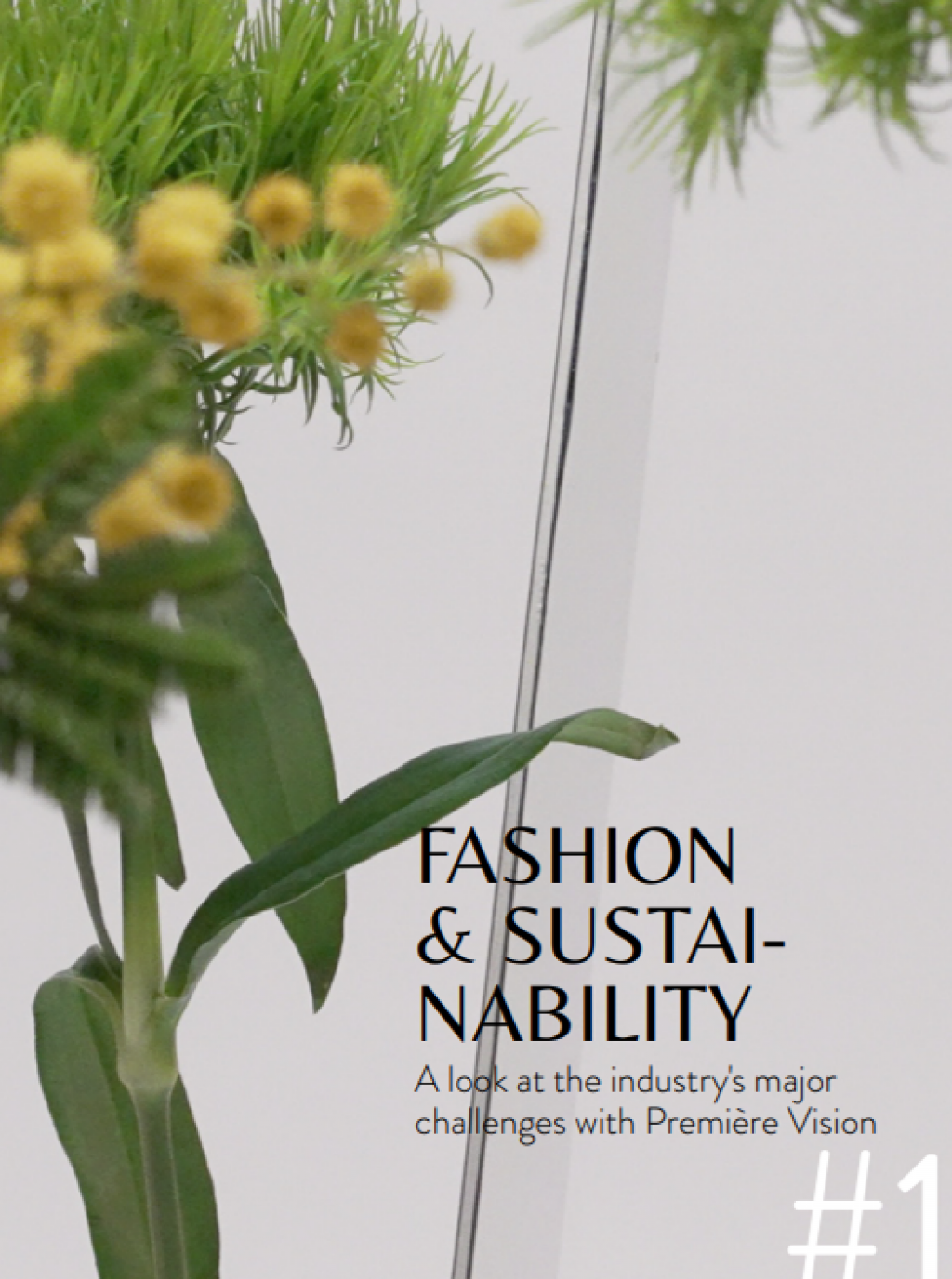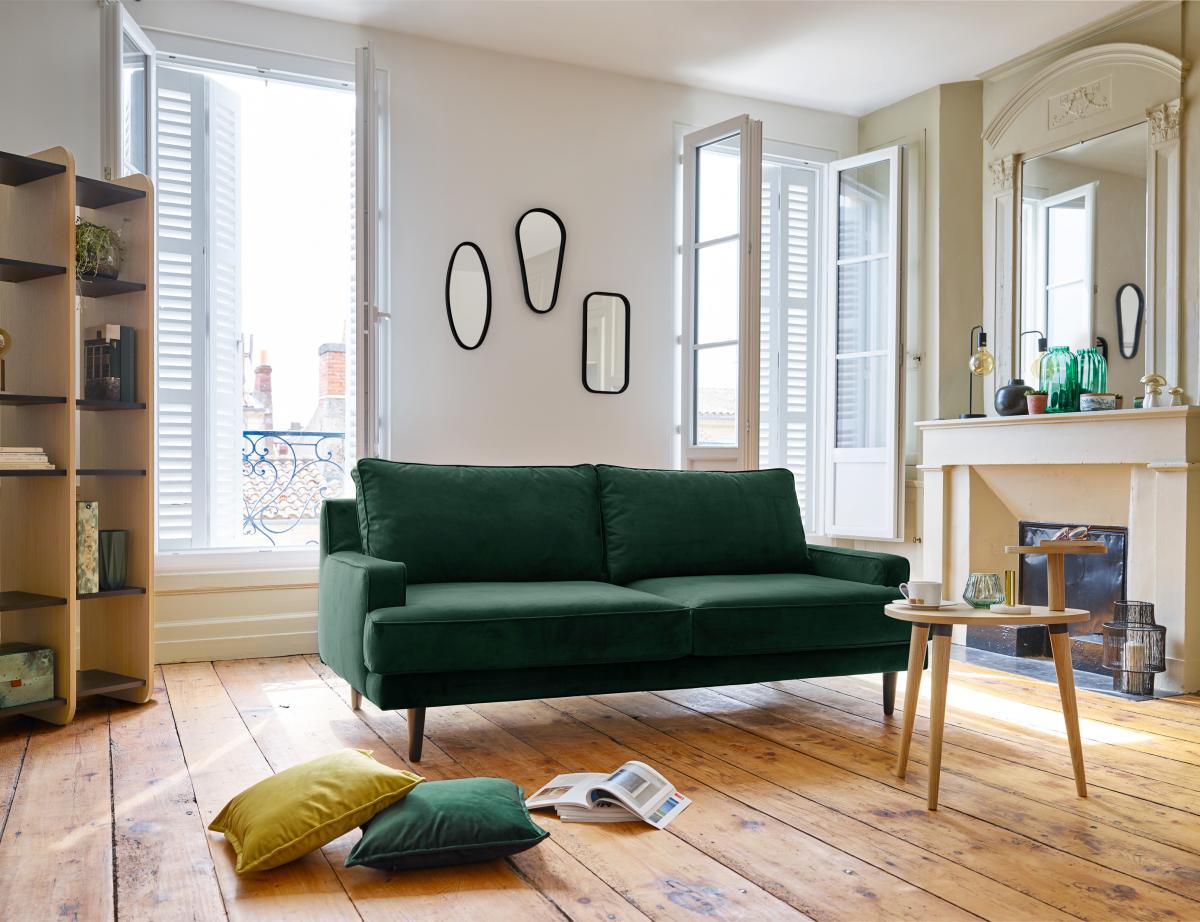
Can you briefly describe your approach?
The quality of food products is Casino’s DNA, who is pioneering and has been committed for many years to an “eat well” and organic concept. And to stay ahead we wanted to extend our position to non-food products. We therefore decided to create Sincère, the 1st environment-friendly retail brand, covering all our non-food products including textile and household products. It was launched in June 2019 and is growing little by little.
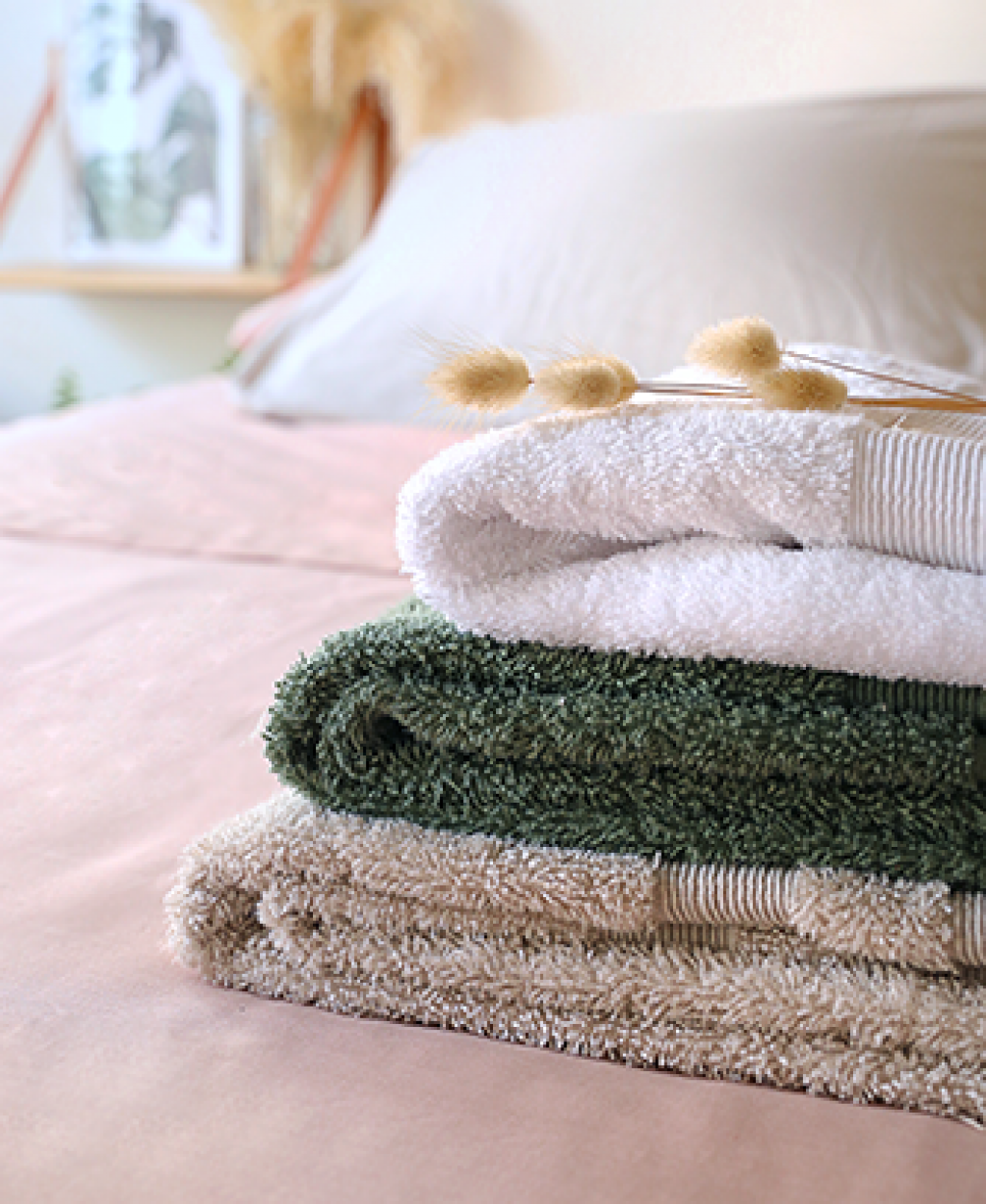
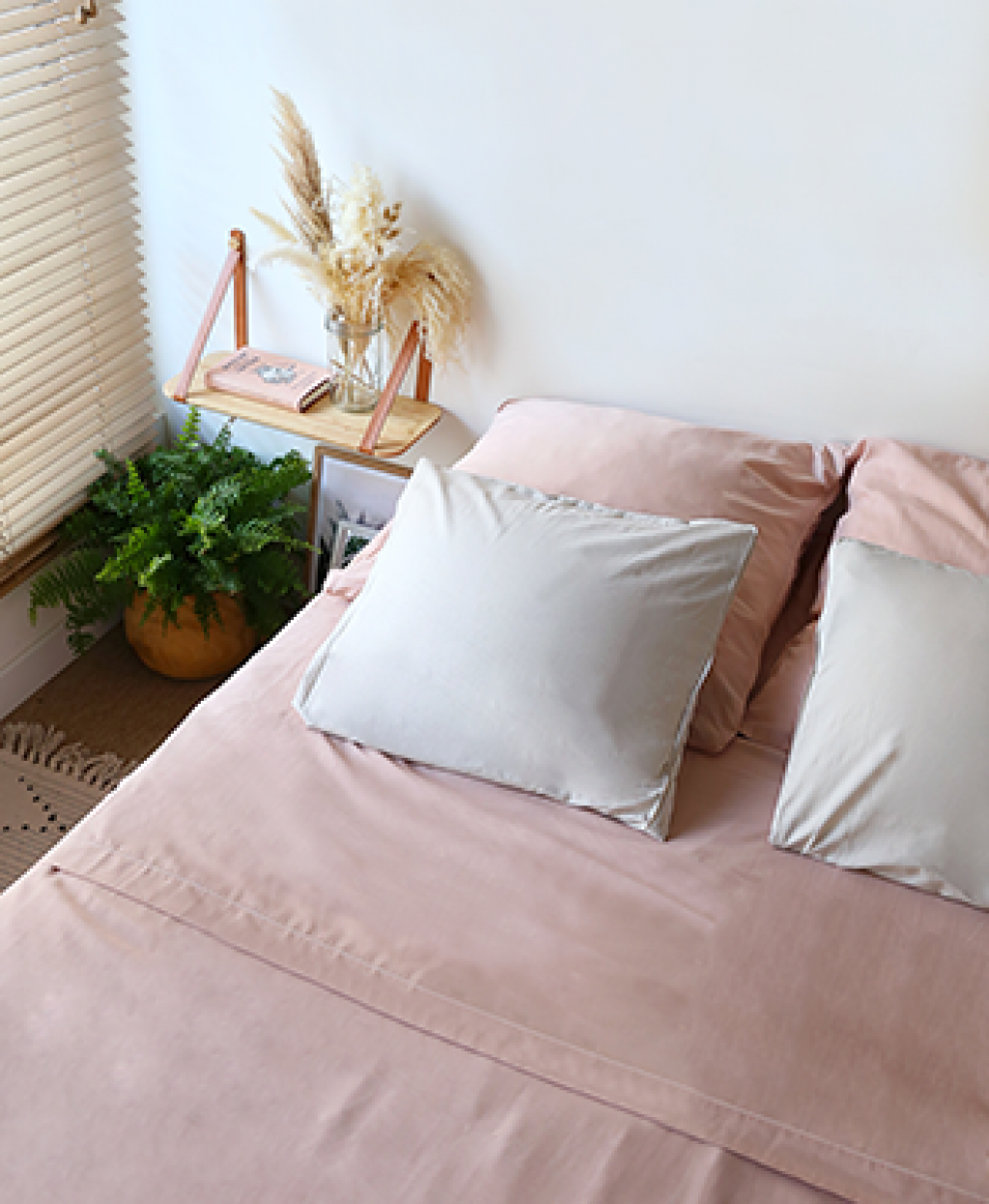
What working method did you use? What were its different stages?
Everything started by a meeting to find out how to replace disposable plastic tableware. Around the table were buyers, the quality department, the marketing department and sales teams. In the end the scope was widened to include alternatives to plastics in all our non-food and textile products. The Sincère brand was created this way.
We established its technical specifications and visual identity. Then we established the rules (internal vote) to state whether or not a product was eligible to be a Sincère product depending on the type and quantity of environmentally-friendly, organic or recycled materials that it contained.
Lastly, it seemed crucial to us to train our sourcing teams on the new key aspects to check with suppliers: their product and packaging life cycles, their recycling processes, etc.
Sometimes, we’ve had to change supplier but others have adapted and have chosen to join us on board the environmentally-friendly train. They have been certified OEKO-TEX®, GOTS or OCS and so not only can they continue working with us but new markets also open up to them.
Did you encounter any obstacles? And if so, which ones?
Yes, we had some setbacks which delayed time to market despite everything being in place. In particular when the certification of our suppliers took too long. Communicating properly to our customers is also an important challenge. Environmental claims need to be explained in a simple and clear way. For example, under which conditions can certification logos be placed on our products to reassure our customers? We also needed advice for environmentally-friendly packaging. Lastly, eco-design sometimes causes price increases. How do you determine when a product becomes too expensive for customers?
What were the levers for success?
We saw that some manufacturers had already started to act, in particular in fashion. We were able to work with partner suppliers who are not only proactive in obtaining the organic certification label, OEKO-TEX®, and recycled materials certifications, but who are also extremely demanding in terms of labour rights and the compliance of their factories. On our side, by organising awareness-raising workshops with the association PIK PIK on sorting and the 2nd life of textiles (how to give a new lease of life to old t-shirts, tights, socks), we have encouraged the support and greater involvement of our in-house buyers, despite the complexity of the subject.
Are you looking at ways to improve?
One of the areas that we are looking at is reducing our carbon footprint by moving supply operations closer. We would also like, for example, to combine certification labels: organic cotton and OEKO-TEX® in order to have cotton that is environmentally-friendly and respects the skin. Our aim is to extend our range to all products that are in contact with skin, as well as to wardrobe and home essentials.
Thank you Anne-Christine Verhague, Non-Food Marketing and Sustainable Projects Manger, Casino.
Contact : AVERHAGUE@groupe-casino.fr


